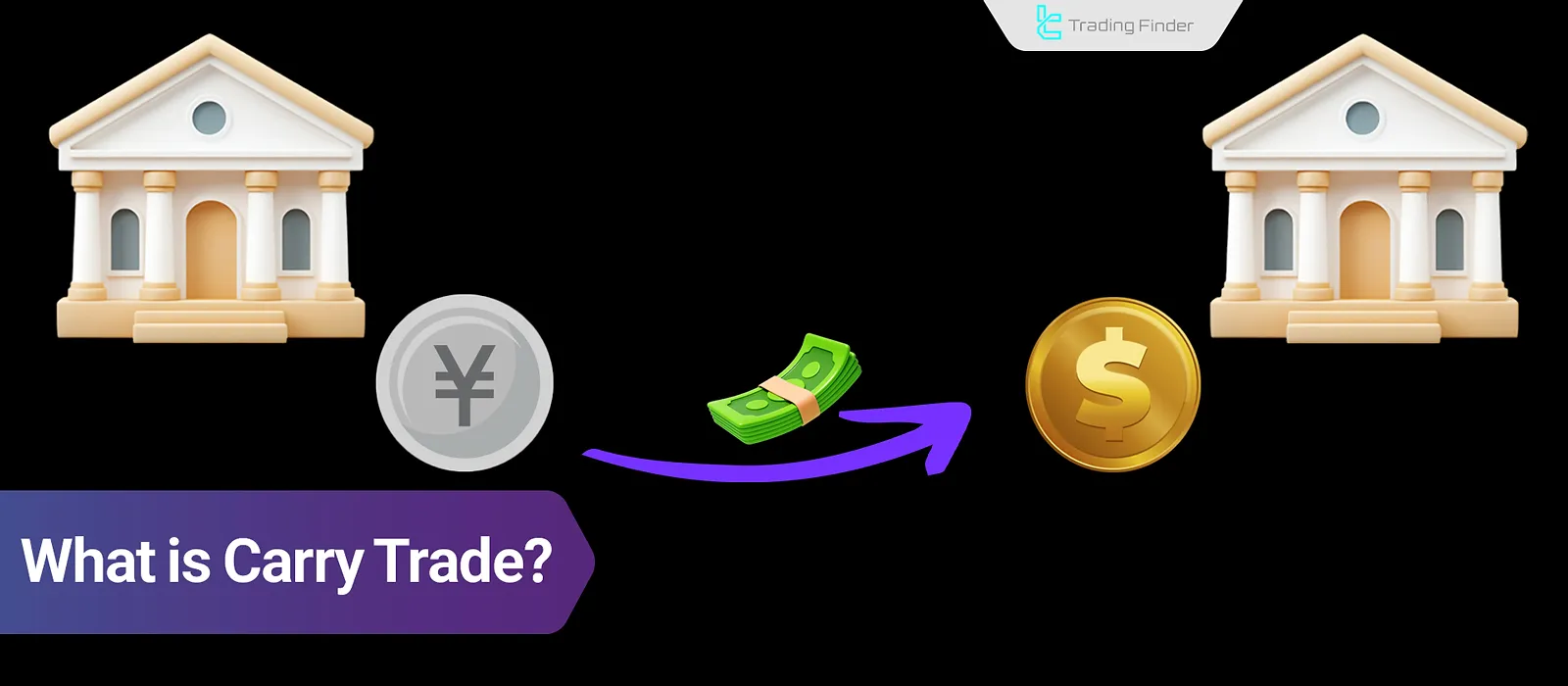- TradingFinder
- Education
- Forex Education
- Fundamental Analysis Education
Fundamental Analysis Education
Fundamental Analysis examines the influence of economic indicators, central bank policies, and macroeconomic conditions on asset prices. Key fundamental factors include interest rate decisions, gross domestic product (GDP), consumer price index (CPI), and unemployment rate. Different markets rely on different fundamental indicators. In forex, interest rates and trade balance are crucial. In stocks, earnings per share (EPS) and the price-to-earnings ratio (P/E ratio) matter. In cryptocurrencies, institutional adoption and regulatory changes play a significant role. Analyzing economic data helps traders gain a deeper understanding of market direction and its impact on price fluctuations. TradingFinder offers free educational resources on evaluating economic reports, assessing their effects on market prices, and integrating fundamental Analysis with other trading strategies.
What Is the Interest Rate? The Impact of Interest Rates on the Economy and Forex Trading
The Interest Rate is the cost of borrowing money; that is, for borrowing money for a specified period, how much interest the...
What is Bitcoin? A New Asset for Peer-to-Peer and Intermediary-Free Transactions
After the 2008 financial crisis and the emergence of weaknesses in traditional and centralized financial systems, a concept...
What Is Economic Calendar? Applications + Key Events [NFP,CPI,PMI]
The Forex Economic Calendar provides essential economic information related to various forex market assets, including central bank...
Order Block with FVG Confirmation Strategy in ICT [SMC]
When traders miss the initial entry point and aim to enter in the middle of a trend, the ICT approach recommends re-entry...
Crypto Trading Rules in UK; FCA AML & CFT Law
With the growth of the cryptocurrency market, the UK, as one of the leaders in blockchain innovation, strives to create...
The Impact of Monetary Policy on Inflation [Contractionary and Expansionary]
Monetary policy, with its direct impact on liquidity, reduces or increases inflation. The way monetary policy affects economic...
Fundamental Analysis in Cryptocurrency: How to Use It for Trading
In fundamental analysis in cryptocurrency, on-chain metrics (such as on-chain data), market capitalization and token supply,...
What is Monetary Policy? Definition and Impact on Inflation and Economy
Monetary policy shapes the cycles of economic expansion and recession. Therefore, understanding monetary policy, its tools such...
Stagflation [Causes of Stagflation + Ways to Overcome It]
Stagflation is the worst phase of an economy; Despite rising unemployment rates, economic growth declines instead of...
What is Carry Trade? The Relationship Between Interest Rates and Carry Trade
Carry traders borrow a currency with a low interest rate and invest it in higher-yielding markets (e.g., bonds, gold, stocks,...
What Are “Hawkish” and “Dovish”? Central Bank Stance in Interest Rate Decisions
Dovish stance refers to expansionary monetary policy, aimed at stimulating economic growth, which often leads to the depreciation of...
Cryptocurrency; Decentralized & Secure P2P Financial Transactions
Cryptocurrencies were created with the aim of protesting against the traditional banking system and establishing a decentralized...

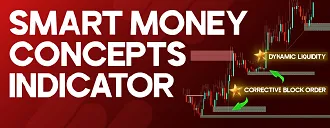
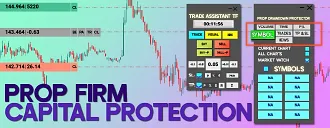
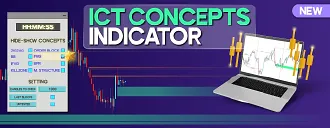



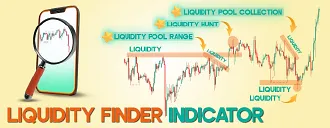
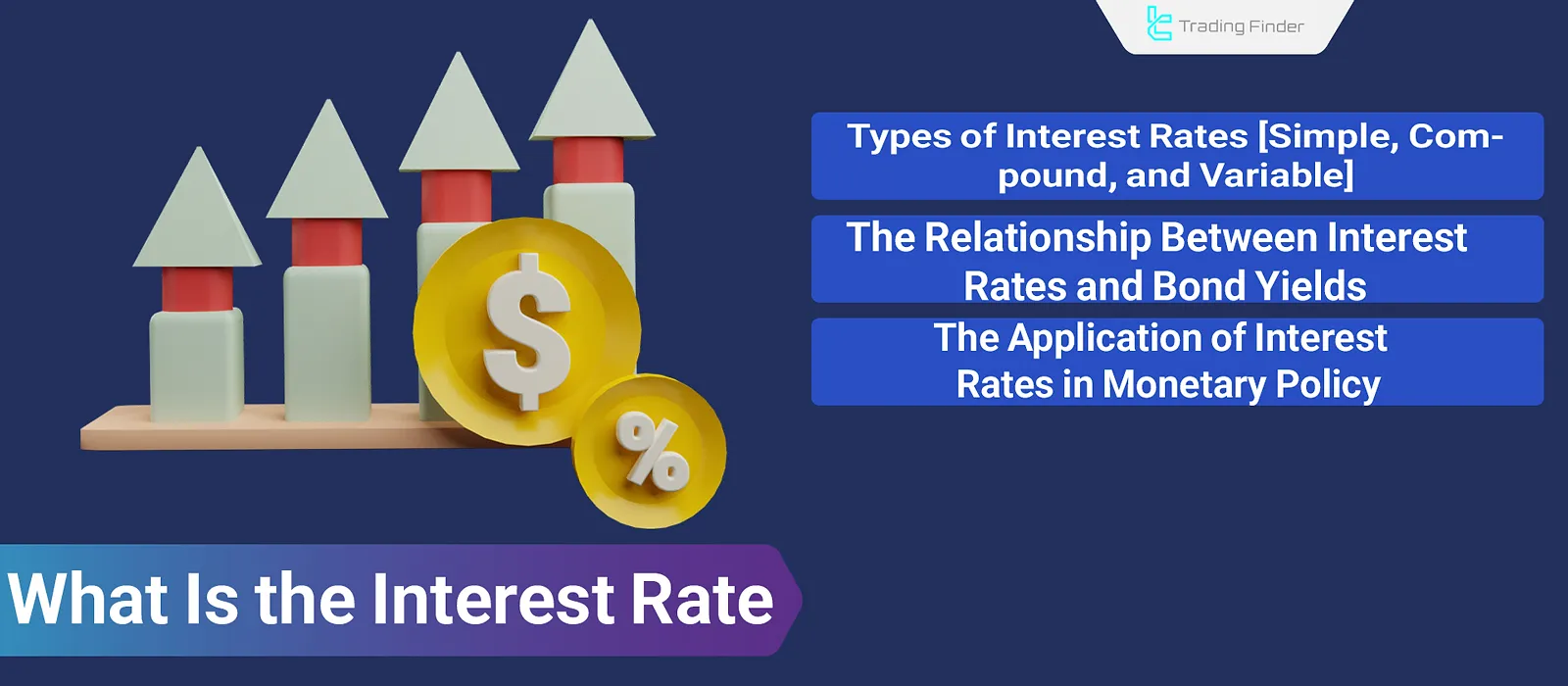

![What Is Economic Calendar? Applications + Key Events [NFP,CPI,PMI]](https://cdn.tradingfinder.com/image/478340/03-36-tf-en-forex-economic-calendar-01.webp)
![Order Block with FVG Confirmation Strategy in ICT [SMC]](https://cdn.tradingfinder.com/image/402972/06-11-en-trade-continuations-using-order-blocks-1.webp)

![The Impact of Monetary Policy on Inflation [Contractionary and Expansionary]](https://cdn.tradingfinder.com/image/371783/16-029-tf-en-the-impact-of-monetary-policy-on-inflation-01.webp)
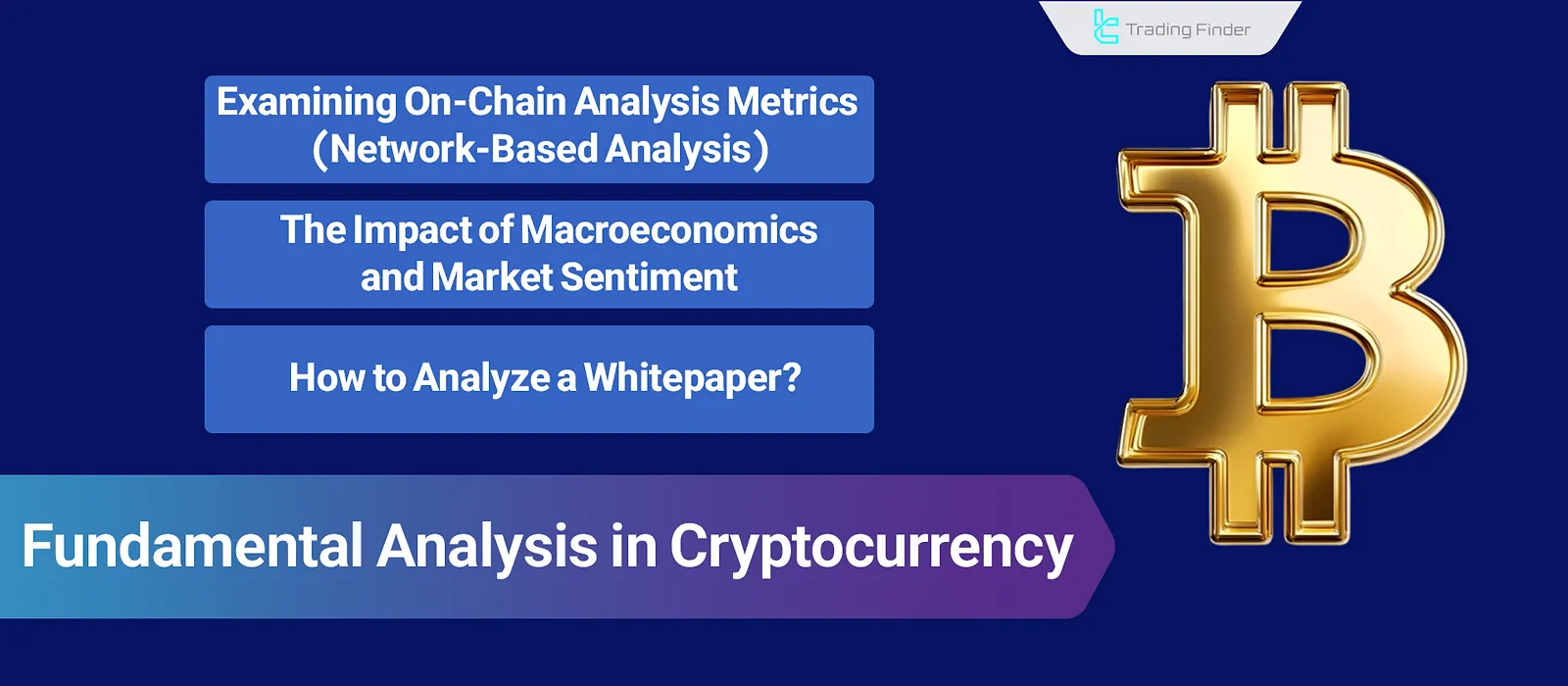
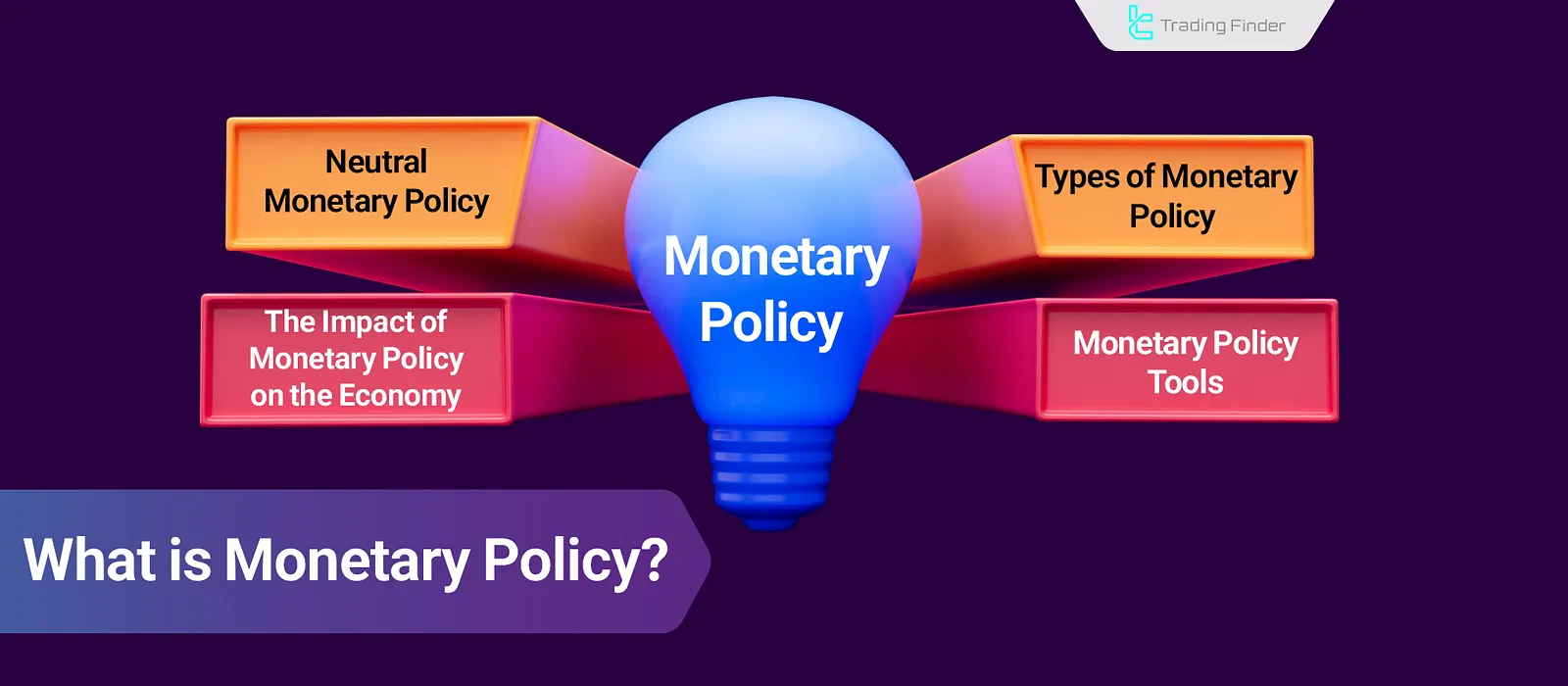
![Stagflation [Causes of Stagflation + Ways to Overcome It]](https://cdn.tradingfinder.com/image/366251/16-018-tf-en-what-is-stagflation-01.webp)
